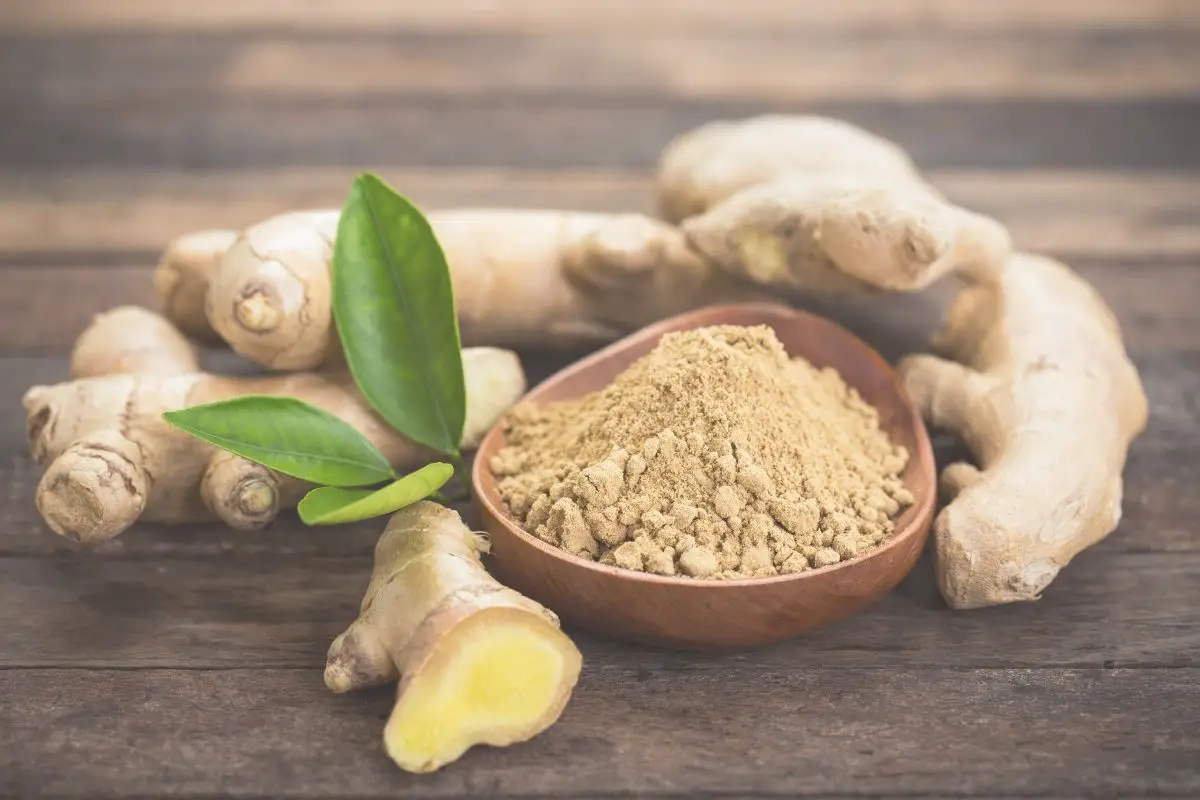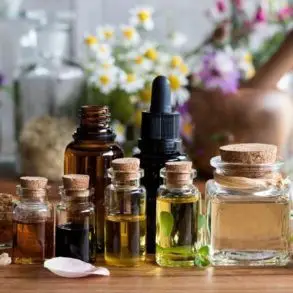
Is Ginger Good for Headache? How Does Ginger Help for Headaches: Uses, Benefits and Side Effects. Ginger acts as a Natural Medicine Against Many Types of Migraines. A Study Proves It.
In a cookbook dating back to 1500 years before Christ, the Ebers papyrus, an infusion of dried myrtle leaves is recommended for the treatment of rheumatism and back pain.
A thousand years later, the acknowledged father of medicine, Hippocrates of Kos, used to prescribe the juice extracted from the bark of willow as a pain reliever and antifebrile.
Now, although most trace the discovery of acetylsalicylic acid back to 1897, this is nothing more than the stabilized, synthetic and safe form of the active ingredient contained in myrtle leaves and willow bark: salicylic acid.
In the 90s, a strange side effect observed in patients treated for benign prostatic hyperplasia represents the discovery of the first cure for alopecia.
Similar circumstances led, in 2014, a group of researchers to rigorously test the use of ginger against migraines.
Ginger works like medicine, but it’s natural. The migraine market is worth billions of dollars; an estimate which is not hard to believe when you think that about 12% of the world population is afflicted with chronic migraines.
The researchers, in 2014, compared the efficacy of ginger in the treatment of headaches and that of Sumatriptan, a drug widely used in the symptomatic treatment of migraine.
A “double-blind” study: researchers and patients were unaware of which of the two substances, Sumatriptan or ginger, they were giving or taking respectively.
A 50 mg dose of Sumatriptan was compared to 250 mg of powdered ginger. Something like the tip of a teaspoon.
Conclusion: the effectiveness of the two is indistinguishable, as is the speed of action. All patients, who suffered from moderate to acute migraine, were satisfied with the results.
Real progress: just as effective, cheaper and with fewer side effects. This study has kicked off a potential cascade of medical, economic, and social consequences.
Different forms of migraine can be treated simply with a teaspoon of ginger instead of a drug thousands of times more expensive and with minimal side effects, only 4% of patients treated with ginger reported stomach upset.
Ginger for Headaches and Much More
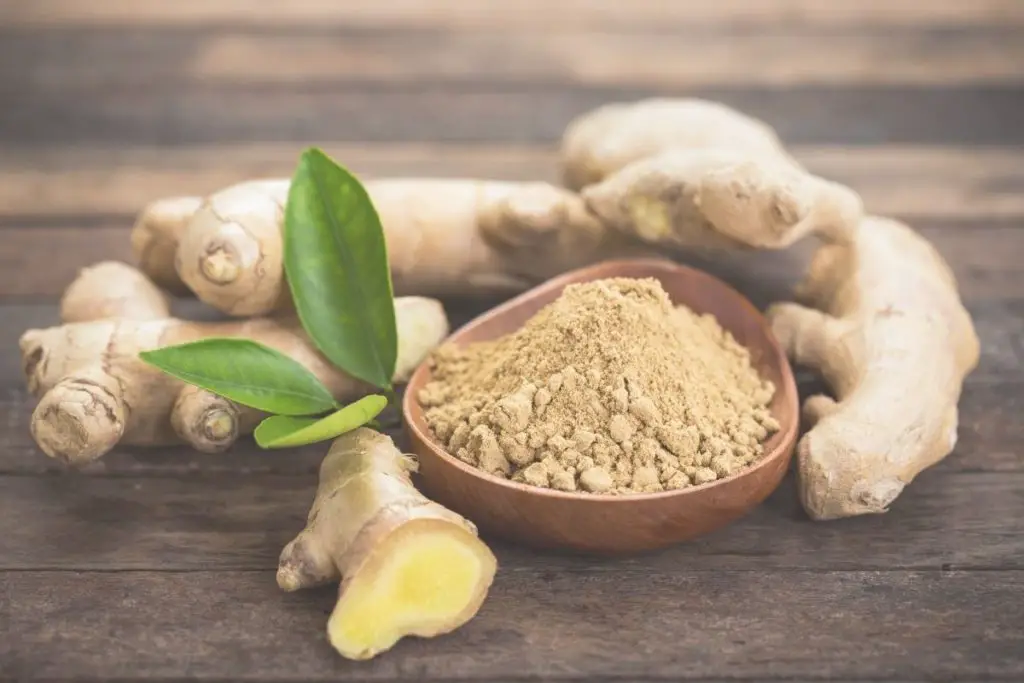
Disclosure: Some of our articles contain affiliate links (as an Amazon affiliate I earn from qualifying purchases).
The encouraging results of the study conducted on ginger in headache therapy should not neglect the other important benefits associated with the properties of ginger.
The origins of knowledge about ginger are lost in the collective memory of lost eras. On the ancient silk road as well as on sea routes, long caravans and ships armed by the flourishing merchant bourgeoisie, ginger, with other spices and precious products destined for wealthy buyers, made a stop in Egypt before crossing the Mediterranean and finally landing in one of the ports of the then powerful maritime cities.
A trade whose wealth is among other things at the origin of the Renaissance. Together with Curcuma and cardamom, belonging to the species of Zingiberaceae, ginger is recognized as anti-inflammatory, antibacterial, and antiviral.
It works against headaches, cramps, and numerous other inflammatory manifestations: from joint pain to menstrual cramps.
Its digestive qualities mean that it is included in many bitters recipes, while as an anti-inflammatory it is often used against winter ailments and included in asthma treatments.
Ginger accelerates metabolism, being useful against excess weight, helps keep blood sugar at bay, slowing the entry of sugars into the circulation.
Ginger: How to Use and Store It
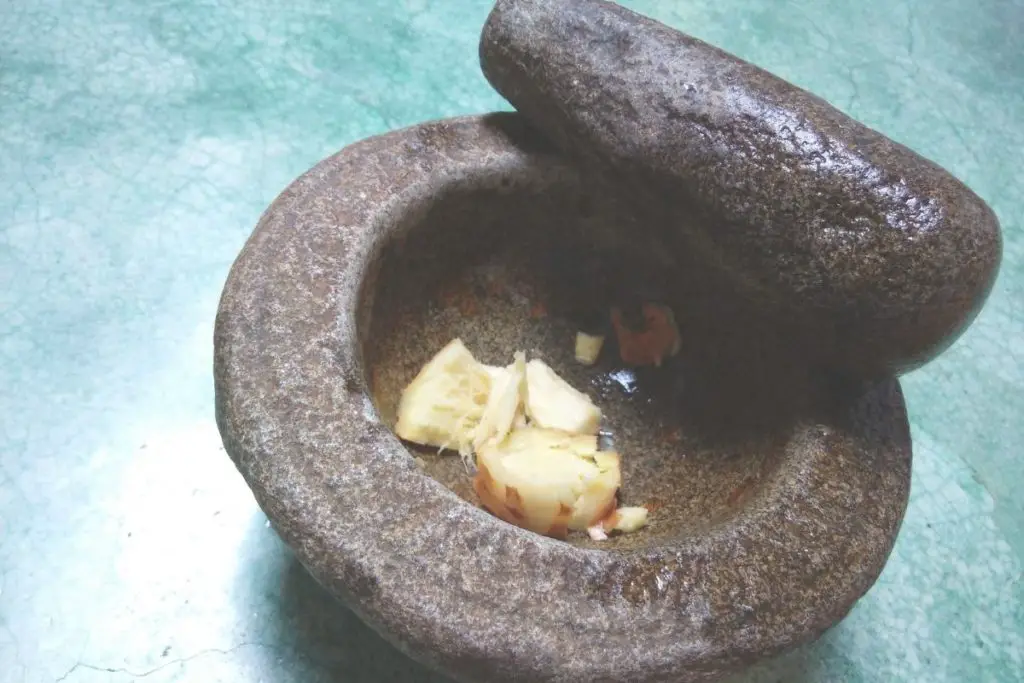
Fresh or dried, in powder or tablet form, the freedom of access to the benefits of ginger is almost total.
As a spice in the kitchen, it is that authentic pleasure for the palate that has been appreciated for centuries.
Almost as good a ginger tea for headaches: hot or cold, yes it is easily obtained by immersing in hot water for a few minutes a few cubes of fresh, previously peeled root.
Fresh Ginger can be stored in the refrigerator for a week or so, wrapped in a clean, damp cloth. It can be stored in the freezer for months.
Our Recommendation: Alvita Organic Ginger Root Tea Caffeine Free
Is Ginger Good for Headaches? Does It Have Side Effects?
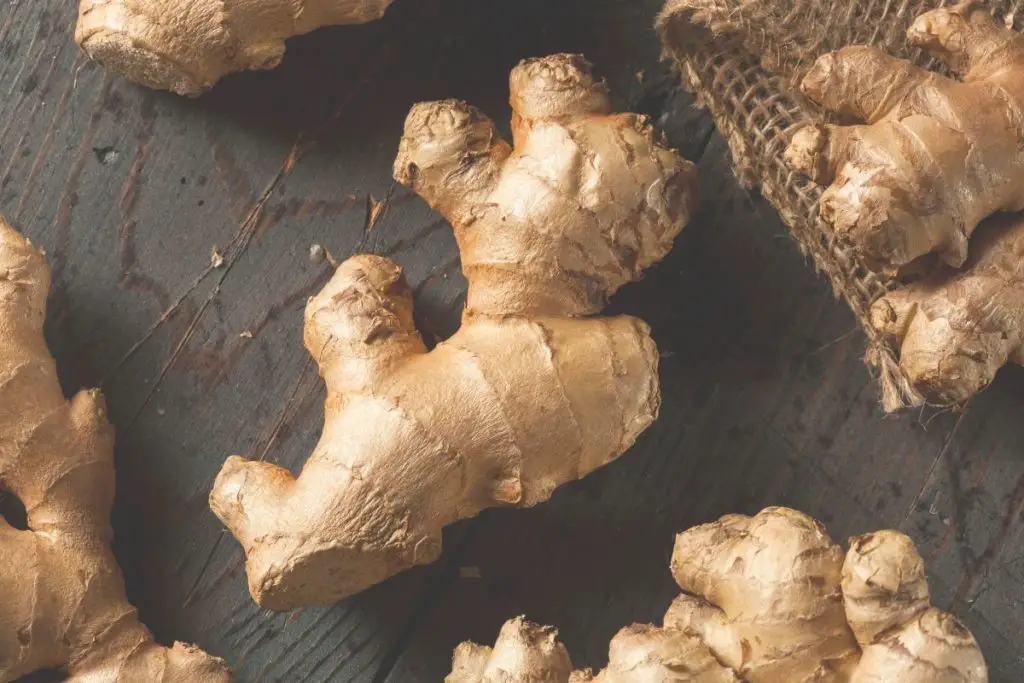
Particular caution and only after hearing the advice of your doctor can you take ginger: if you have particular heart conditions; during pregnancy; if you are taking certain particular medications; in case of gallstones; if there is a particular sensitivity to the intestinal system.
In the case of diabetes, you may see an increase in insulin, a lowering of blood sugar, or both; which is why it may be necessary to consult and recalibrate the therapy.
Do you want to discover other natural remedies for headache?
- Home Remedies for migraine
- Herbal Tea for Headache – 6 Recipes
- Foods That Help Headache Go Away + Which Food to Avoid
- 8 Natural Remedies for Stress


